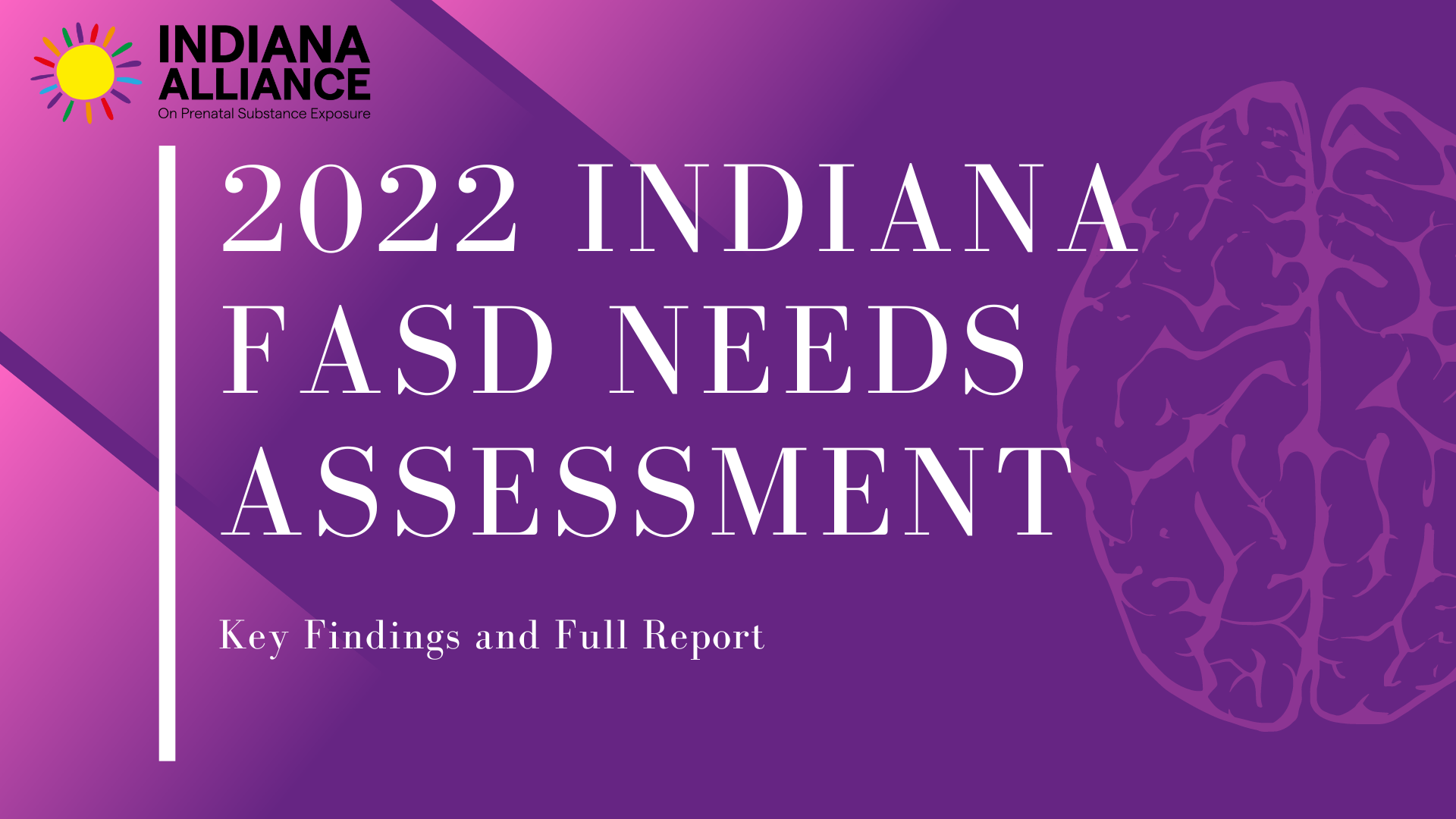These programs offer treatment, counseling and case management for pregnant women addicted to opioids.
UPMC Hamot’s new Pregnancy Recovery Center looks a lot like the orthopedic office it is replacing on the third floor of 300 State St.
The walls of the office’s waiting room remain covered with nautical drawings and pictures, while the exam rooms still look the same. But starting Jan. 2, the office will see expectant women who are addicted to opioids instead of people with broken bones and damaged joints.
“Our goal is to get these women into treatment as early in their pregnancy as possible and reduce the number of babies born who require neonatal withdrawal,” said Emma Mack, R.N., the center’s outreach coordinator.
Erie County’s opioid epidemic has spurred local hospitals to increase their efforts to help pregnant women who are addicted to these drugs. Saint Vincent Hospital opened its Growing Hope program in September 2016 and now Hamot is creating its program, which is based on a similar one Magee Women’s Hospital of UPMC started in 2014.
Pregnant women with addictions are referred to these programs by their obstetrician-gynecologist, an emergency department physician or a drug-treatment facility. An initial appointment is scheduled and an effort is made to switch the patient to the treatment drug Subutex to wean the woman off opioids and control her withdrawal symptoms.
“We will talk about what drugs the patient is using, how much she is using and how often she uses,” Mack said. “That is so we can determine the dosage of Subutex to administer.”
Bart Matson, D.O., a Hamot obstetrician-gynecologist who will work with the center, said the patient must already begin withdrawal from opioids before she can be given Subutex.
“If someone who is actively using is given the drug, it can make her quite sick,” Matson said. “If she comes to her appointment and isn’t in withdrawal, we have to make plans for later that day or the next day.”
In addition to placing the patient on addiction-treatment medicine, the programs also require women to attend group counseling/education sessions and undergo drug testing.
They also are provided with a caseworker who helps them deal with a myriad of pregnancy-related issues.
“Many of these women are not prepared to outfit a nursery or apply for the (Women, Infants and Children) Program, so a case manager can help them with that,” said Mandy Fauble, executive director of Safe Harbor Behavioral Health of UPMC Hamot, which will provide mobile counseling and case manager services for the Pregnancy Recovery Center.
Growing Hope has helped 15 expectant women with their addictions since the program started, said Erika Pluta, the program’s maternal addiction coordinator.
“Only a couple of those 15 babies had to be admitted to Saint Vincent’s neonatal intensive care unit for withdrawal, far fewer than normal,” Pluta said. “We also have seen a reduced length of hospital stay for those babies.”
Growing Hope officials have also seen a surprising number of women decline to join the program. Five women who were referred decided not to participate, saying they weren’t ready to be clean, Pluta said.
They are not required to join, though Pluta said she called them a couple of times in the following weeks to see if they had changed their mind.
“You would think they would want to be clean for their babies,” Pluta said.
Credit / Sources
This article is from GoErie.com, a regional news site in Pennsylvania.







